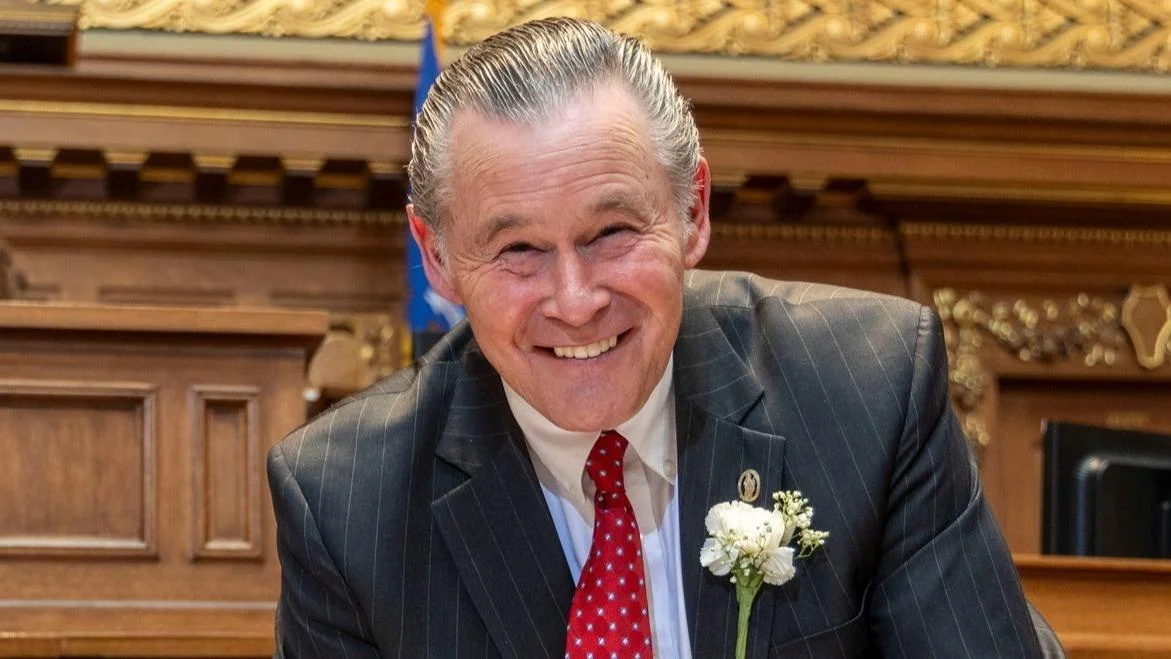Robert G. Donovan, Wisconsin State Representative for 81st District | Official Website
Robert G. Donovan, Wisconsin State Representative for 81st District | Official Website
According to the Wisconsin State Legislature's official website, the bill was described as follows: "impoundment of vehicles used in certain reckless driving offenses. (FE)".
The following is our breakdown, based on the actual bill text, and may include interpretation to clarify its provisions.
In essence, this bill modifies the conditions under which political subdivisions can impound vehicles involved in reckless driving offenses. Previously, an ordinance allowed the impoundment only if the reckless driver was the vehicle owner and had unpaid penalties from prior convictions. The bill now permits impounding any vehicle used in reckless driving, regardless of ownership or the driver's history. It mandates law enforcement to check if an impounded vehicle was reported stolen and to return it to the owner without fees if confirmed. If unclaimed for more than 60 days, stolen vehicles may be disposed of like abandoned vehicles under state law. The bill’s regulations are applied on enactment.
The bill was co-authored by Senator Van H. Wanggaard (Republican-21st District), Representative Scott Allen (Republican-82nd District), Representative Barbara Dittrich (Republican-99th District), Representative Cindi Duchow (Republican-97th District), and Representative Russell Goodwin (Democrat-12th District). It was co-sponsored by Senator Tim Carpenter (Democrat-3rd District) and Senator Cory Tomczyk (Republican-29th District), along with 13 other co-sponsors.
Bob G. Donovan has co-authored or authored another 19 bills since the beginning of the 2025 session, with none of them being enacted.
Donovan graduated from St. Francis De Sales Seminary and again from the University of Wisconsin- Milwaukee.
Donovan, a Republican, was elected to the Wisconsin State Assembly in 2025 to represent the state's 61st Assembly district, replacing previous state representative Amanda Nedweski.
In Wisconsin, the legislative process starts when a senator, constituent, group, or agency proposes an idea for a bill. After drafting, the bill is introduced, numbered, and referred to a committee for review and public input. If approved, it moves through three readings and votes in both the Senate and Assembly. Once both chambers pass the same version, the bill goes to the governor, who can sign it, veto it, or let it become law without a signature. Only a small share of bills introduced each session ultimately become law. You can learn more about the Wisconsin legislative process here.
| Bill Number | Date Introduced | Short Description |
|---|---|---|
| AB78 | 02/28/2025 | Impoundment of vehicles used in certain reckless driving offenses. (FE) |
| AB77 | 02/28/2025 | Registration plate concealment devices and providing a penalty |
| AB75 | 02/28/2025 | Department of Justice collection and reporting of certain criminal case data. (FE) |






 Alerts Sign-up
Alerts Sign-up